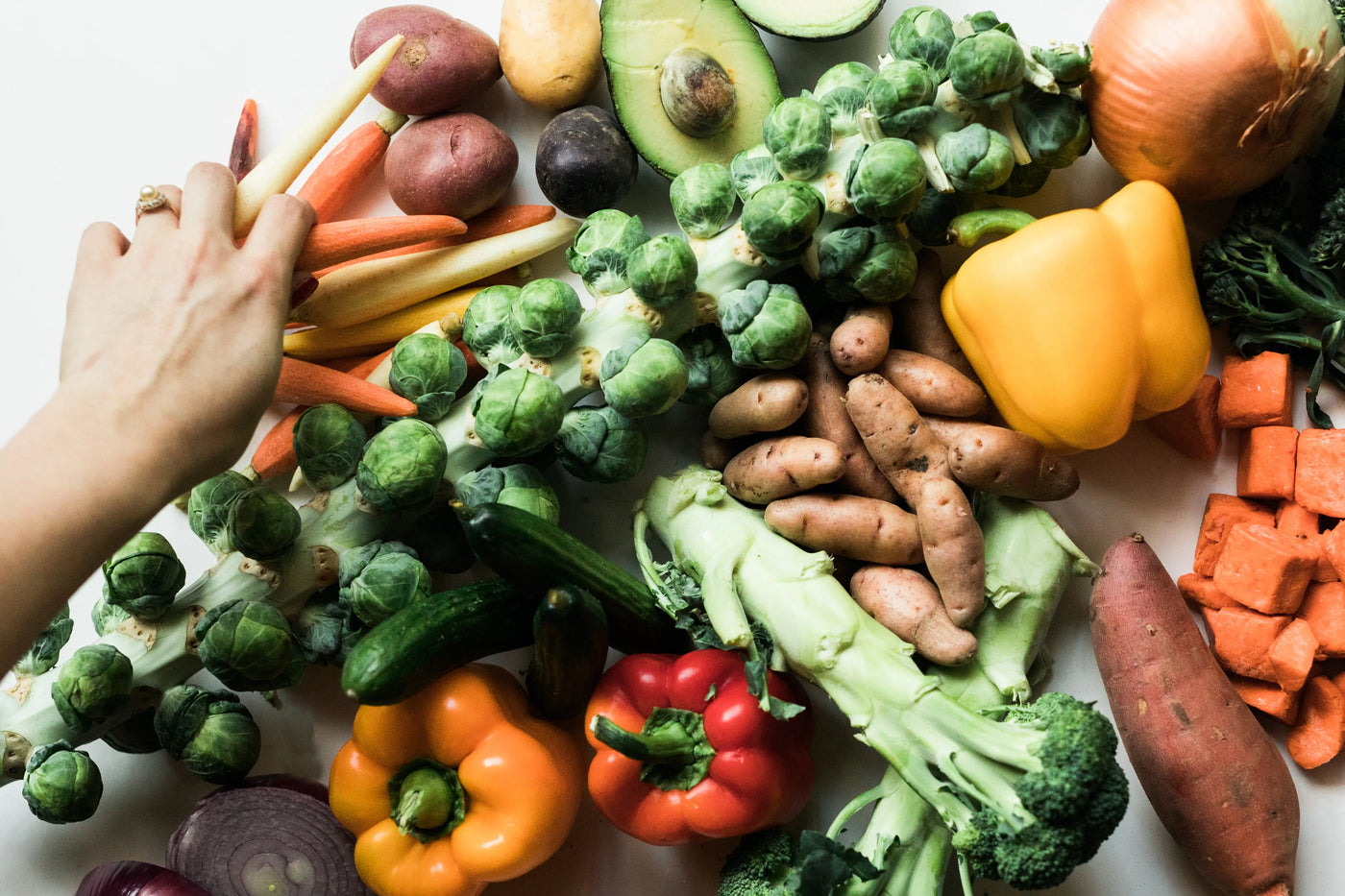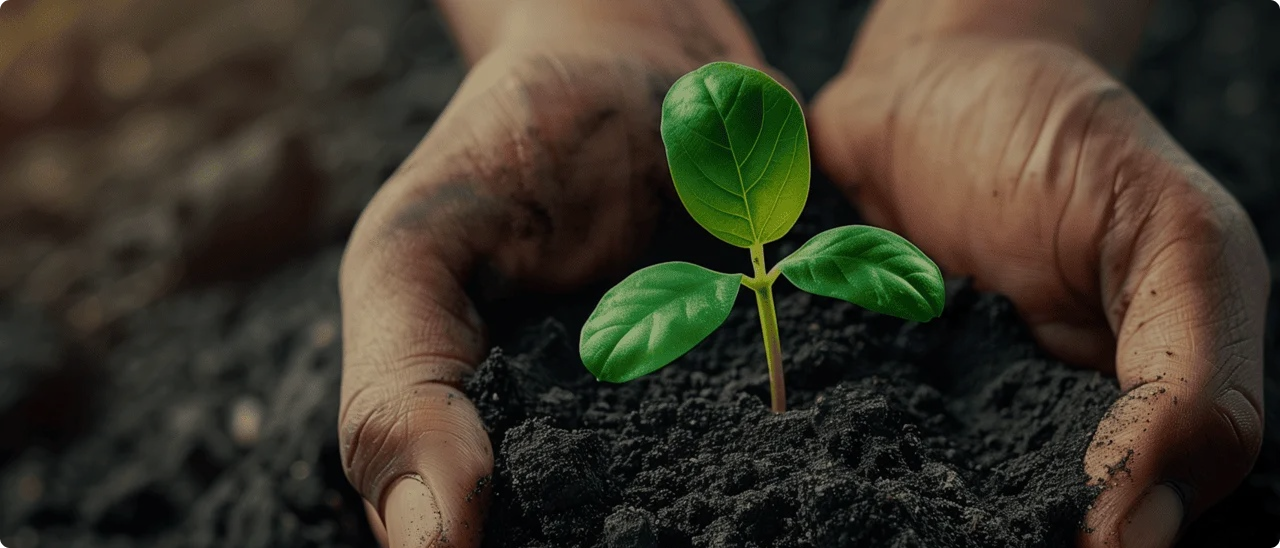As hydroponics becomes a more widespread technique for growing plants, it is important to ask if it is a viable option for nutrition, and if it is safe and healthy to consume. Since hydroponic plants are grown using water and solution rather than soil, one may wonder if a particular plant is able to produce the same vitamins and minerals as when it is grown directly out of the earth. The fact is, when done right, hydroponically grown foods can still be as nutritious as their soil-grown counterparts. A hydroponic vegetable receives all of the same nutrients, just through a different method where they are administered directly to the plant via a nutrient rich solution, rather than the plant having to root into the soil to search for its own food.
Why are hydroponic vegetables healthy?
The conditions present in a hydroponic food system are optimal for growing healthy and nutritious vegetables.
Protection from Diseases and Pesticides: Because hydroponic vegetables are grown in a controlled indoor environment, they are at much less risk of climate stress and pests. Insects often come up through the soul, and without that medium, it is much more difficult for them to access a plant. Since invaders are less prevalent, there is also much less of a need for pesticides. As a result, growing vegetables hydroponically can help one reduce potential exposure to the types of chemicals and toxins that are used in conventionally grown produce.
Grower Control: It is also much easier for growers to affect the nutritional content of their plants when they are grown hydroponically. When growing hydroponic vegetables, growers use a solution that fits a plant’s particular needs. It is easy to track a plant’s progress and add more nutrients to its diet. Plants are checked on regularly, often four or five times per day. In addition, plants can receive light constantly using grow lights, which maximizes the growth of stems and leaves and increases the amount of nutrients available to the plant. In turn, the consumer receives the benefit of all of the plant’s extra attention and growth.
Nutrient Content: Hydroponic vegetables produce just as much nutrients as those grown in the soil. Nutrients are produced from inside the plant, so as long as it is given the proper food and light, you will be getting just as much of those beneficial vitamins and minerals as you do from conventionally-grown produce.
What are the best and quickest hydroponic vegetables to grow?
If you are a hydroponic grower, there are many options when it comes to adding ingredients to your kitchen. Having quick, easy, low-cost produce at your disposal is just a step away.
-
Lettuce: Lettuce is a commonly grown vegetable in hydroponic systems because it is quick, low-maintenance, and produces abundant yields. It is usually grown at lower temperatures (under 75 degrees Fahrenheit). When the external leaves are harvested, new ones grow right back in their place, so there isn’t a whole lot of work needed from the grower other than making sure the nutrient solution is clean and at the right level for growth. After planting, lettuce is ready to harvest within just three or four weeks.
-
Kale: Kale is similar to lettuce in that it can thrive under cool temperatures (anywhere from 45 – 85 degrees Fahrenheit). It takes a little longer than lettuce to reach harvest time (around 7-10 weeks), but it also produces abundant yields, and the leaves grow back when cut.
-
Radishes: If you’re growing lettuce, radishes always make a complementary addition to your hydroponic garden. They are one of the easiest hydroponic vegetables to grow. They grow at cool temperatures and only take three to four weeks to harvest after planting.
- Other vegetables / herbs: Arugula, mustard greens, Swiss chard, and watercress all take a month or less to harvest. Herbs such as mint, basil, marjoram, and oregano are also great additions that grow much faster in a hydroponic system than they do in an outdoor garden.
Do hydroponic vegetables taste different?
Though there has been some worry that vegetables grown hydroponically might have less taste than those grown using soil, this is simply not the case. Because growers can customize their plants, hydroponic vegetables can taste even better than regularly grown produce. In addition, hydroponic produce stays fresher and lasts longer in the refrigerator, making them a more desirable option for the consumer.
Starting Your Hydroponic Garden
Whether you’re experienced or new to hydroponics, Monster Gardens has all of the equipment, supplies, and plant food you need to start growing a tasty and diverse array of vegetables right in your home.


